Do you want to know the hardest thing about staying in Korea? Wrapping my brain around the similarly-named cities. I stayed in eight places altogether, three of which were called Gyeongju, Gwangju, and Gongju. That said, either my pronunciation is top-notch or the bus stations employ really excellent staff because I ended up in the right place every single time.
Although I didn’t know it before I got there, Gwangju is infamous for being the site of a horrific government-sanctioned massacre of protesters. The “Tiananmen Square of Korea” happened in 1980 and eventually sparked significant changes in Korea’s political situation, leading to the government of today. Nonetheless it remains deeply controversial, not least because nobody is entirely sure how many people died; 207 minimum, but some sources suggest ten times that.
There’s a knack to enjoying short, sharp visits to large, intimidating cities.
Book yourself some bloody good accommodation.
By “good”, I don’t mean expensive, plush, or in the thick of the action. A balcony on the 18th floor and crisp Egyptian cotton won’t make a blind bit of difference when you’re sitting there alone, wondering what to do with the empty hours stretching out before you. No, what matters primarily is the host: someone who is besotted with their city, and not just willing but actively keen to pass on their inside knowledge so that you, too, will grow to love it as much as they do. That’s why I’m such a huge fan of AirBNB which (when you get it right) embodies all of these glorious traits. (I wish I were paid by AirBNB to advertise their services. I’m not though, sadly. I’m just a fan. Although if you’re considering trying it then use this link and we’ll both get £13 off when you make your first booking. Everybody wins).
Of course, this didn’t happen when I went to Busan and left it far too late for decent accommodation. So I ended up in my worst kind of place: a basic, faceless backpacker hostel next to the train station, and I arrived in bucketing rain which took away any remaining joy. To make it even less appealing, I’d paid for a single room, but all this meant was that I got shoved into one of the 4-bunk dorms with the promise that nobody else would be joining me, and strict instructions not to use the linen on any of the other pre-made beds. And so it was that I spent my first night in Korea’s second city sleeping on a lower bunk with rain-damp clothes hanging next to my face, and a cardigan rolled up under my head to bolster the pathetically thin pillow.
It’s so glamorous, this travelling lark.

I found my Andong accommodation through AirBNB, which is making more of a stir in these parts than I’d expected. Although recently built, it was the real Korean deal: a tiny, self-contained, hanok-style apartment in the garden of the main house. It sat next to the front gate – an old, pleasingly solid wooden number sealed with a weighty beam that got hefted into place at night.

The owners, who didn’t speak a word of English. were all smiles, even though I’d arrived far later than intended. They turned on the ondol (underfloor heating, found in every Korean house) and left me to it. With handy bus times stuck to the wall, wifi, and my own bathroom and kitchen, I needed nothing else. Well, actually, I could have done with a hand translating the loo which – somewhat incongruously against the classic sliding doors, wood-carved wardrobe, and frilly counterpane – was a terrifyingly modern Japanese device with buttons on the side. After two days using that contraption, I’m still not entirely sure that the water jets went where they were supposed to and frankly I feel rather violated.
Planning this trip didn’t really allow time for panic. It happened so quickly, in the event, that every spare moment was taken up with the practicalities of leaving home for six months and planning the initial stages. I doggedly fixated upon making it to Vladivostok via all the intended stops, and didn’t allow myself to think much beyond that.
The Trans-Siberian passed in something of a whirlwind and without any warning, it was time for Peter to leave. We had previously made the decision to part ways post-Russia; he to Melbourne for a wedding, and then to New Zealand for three weeks. Having already visited New Zealand, and with no overwhelming desire to go to Australia, I decided I’d rather spend my precious time exploring South Korea; a country that Peter had already been to and I knew nothing about. So I tearfully waved him off on Vladivostok’s airport shuttle train and suddenly there I was, alone, at quite literally the ends of the earth.
And suddenly it all felt very overwhelming.
Stereotypes abound in this world and I for one am guilty of perpetrating them. Not only as a writer viewing others but as a subject, too; I embody the clichéd icy Londoner, the stern glarer, the queue-obeyer, the tea-drinker, the user of phrases such as “I reckon” and “how brilliant”. Knowing this, it’s hard not to wonder just how many stereotypes are actually based in fact.
Still, whilst we roll our eyes every time a film baddie has an English accent, at least we’ve got James Bond as a counterweight. Meanwhile, the poor Russians aren’t nearly so lucky. They’re portrayed as Soviet thugs with treetrunk necks; heartless, alarmingly accurate assassins; or one-dimensional, single-minded Cold War-era spies hell-bent on enacting a communist global society. And in the real world, British media is filled with Muscovite oligarchs taking over London’s property, war-mongering in the Ukraine, and Putin on a horse. It’s not really helping their global brand.
It’s strange to think that I was disappointed by the lack of snow when we reached Moscow. I’d heard that they’d had their first flurries some days previously and had hoped for a white carpet on arrival, but of course by that point every flake had melted.
I needn’t have worried. Out on the steppes, the snow was perhaps 6 inches deep which to me already made it feel like Christmas but for the locals is just the beginning of what threatens to be a long, hard winter.
Another short journey from Perm to Yekatarinburg, at just six hours, leant itself to an afternoon spent rubbing shoulders with the proletariat, i.e. a casual jaunt in third class.
This is more like hard-sleep, or how I spent my time travelling in China: open corridors with nests of bunks. In Russia, the wider track gauge means a larger compartment, with double instead of triple bunks, but an additional perpendicular row lining the corridor. Peter and I had two of these corridor-skirting bunks, the lower of which raises to become a table and two seats during the day. We spent most of the journey playing Scrabble, which lends itself well to a train journey because whilst one person is considering their move, the other can stare out the window.
When I dreamed of taking the Trans-Siberian Railway, it was of a shapeless, formless route through a very large expanse of nothingness, with few landmarks and merely the awareness that Moscow was at one end and Vladivostok at the other.
In practice, this was not far off.
Although the line is a single route, with a couple of variations at either end, there are multiple ways to take the Trans-Siberian railway. Deborah Manley’s brilliant Trans-Siberian anthology (given to me by a lovely colleague) draws together many of these accounts. Early explorers in the 1900s traversed the entire route solo, or in pairs, with woollen underwear and a piano room for accompaniment. Today’s Western tourists seem most commonly to do it in groups, more or less in a single run (perhaps with one or two stops); not entirely a bad idea since exploring Russian cities solo with only a few hours to spare is trickier than one might anticipate. Hardy budget travellers go third class, armed with packs of cards, pot noodles, and chocolate for bartering.
Whilst in London, preemptively buying tickets, I had repeatedly hit a wall whilst attempting to get from Warsaw to Moscow, thanks entirely to the first half of the journey. Minsk-Moscow? No problem. Tickets booked. But Warsaw-Minsk? Impossible. Most websites seemed reluctant to admit that such a route even existed.
So immediately upon arriving in Poland, we bought our onward tickets to Minsk (from the only woman in the entirety of Warsaw’s central station who spoke English) and on the train discovered that the bloody thing went the whole way to Moscow. Thanks a lot, Bahn.de – the palava meant we had had to buy transit visas through Belarus and accommodation in Minsk and our first train arrived at the spectacularly inhospitable hour of 2:09am.
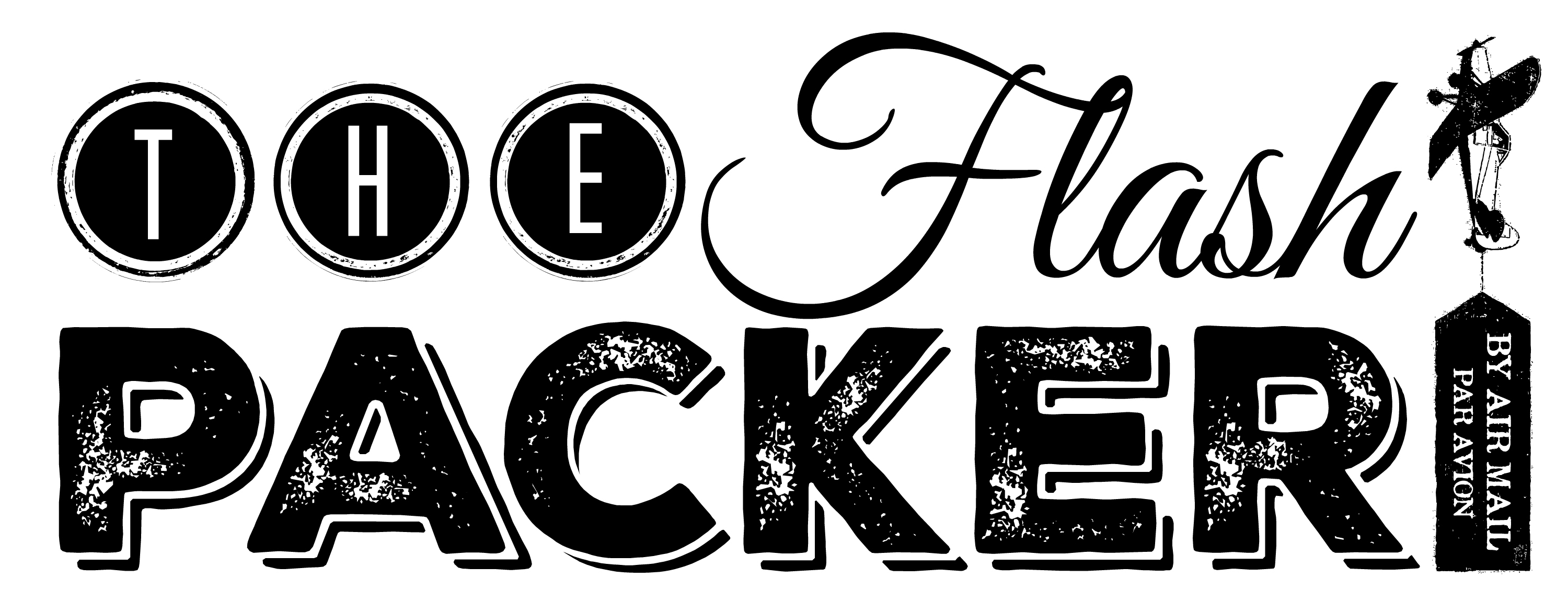

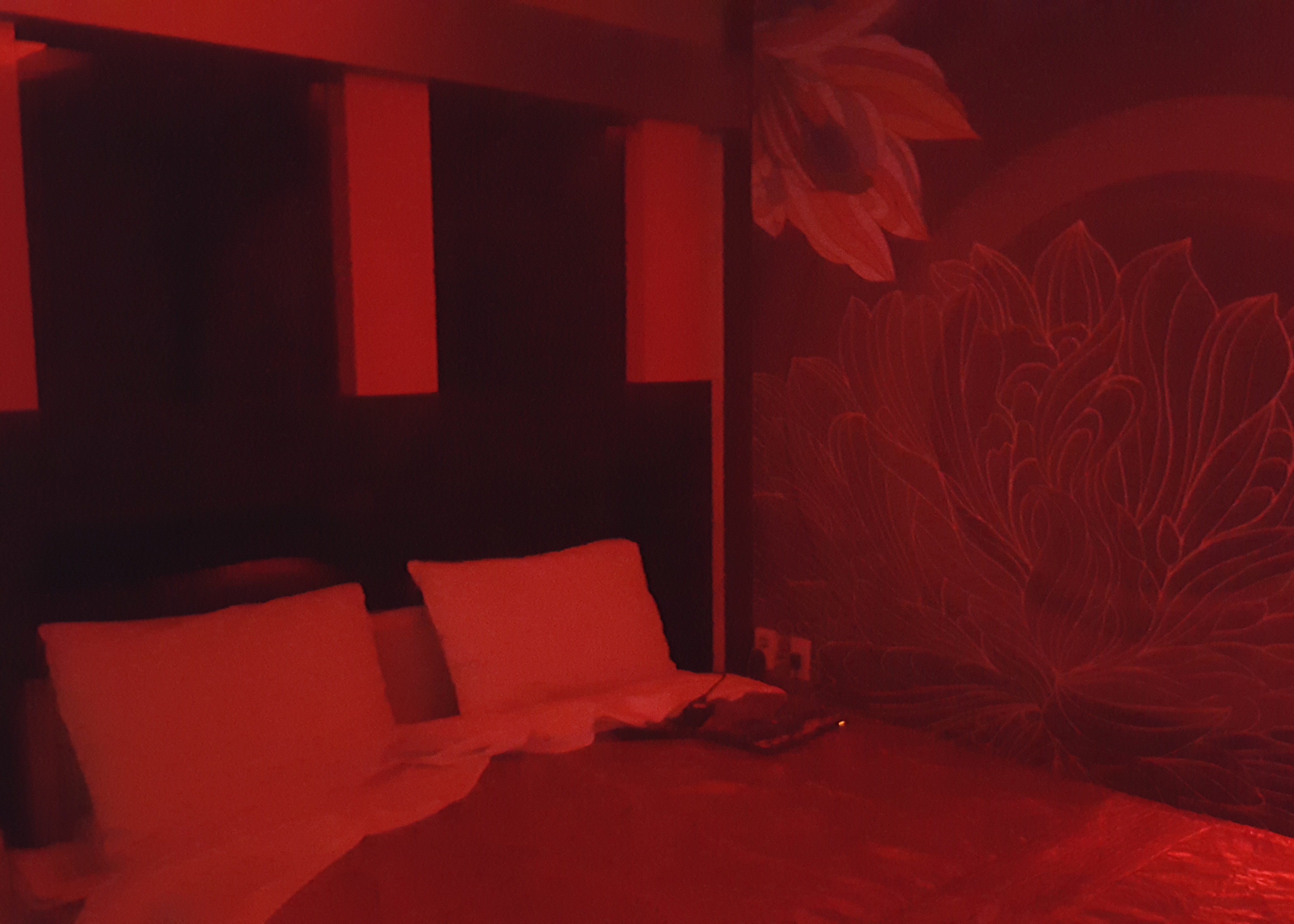
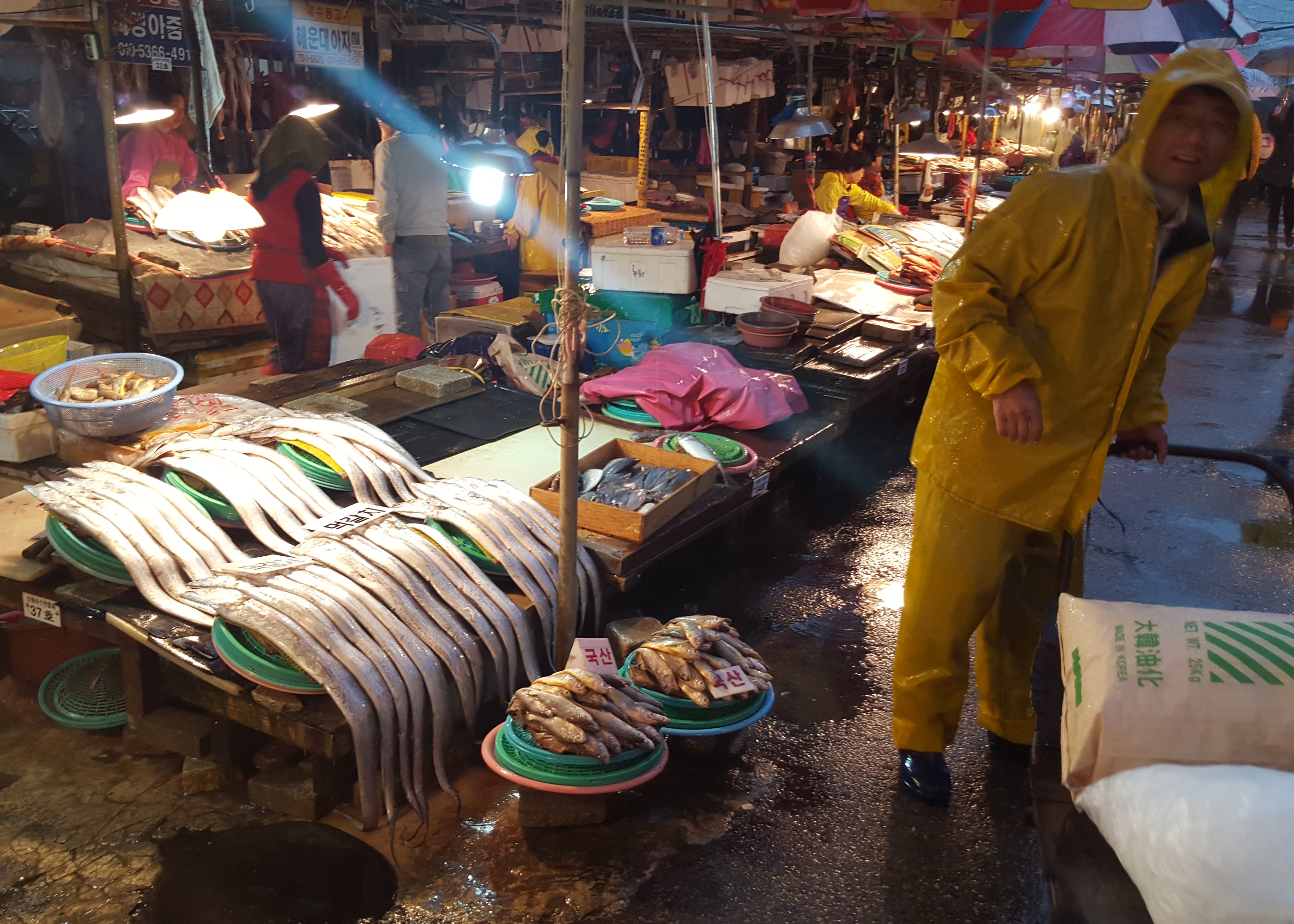
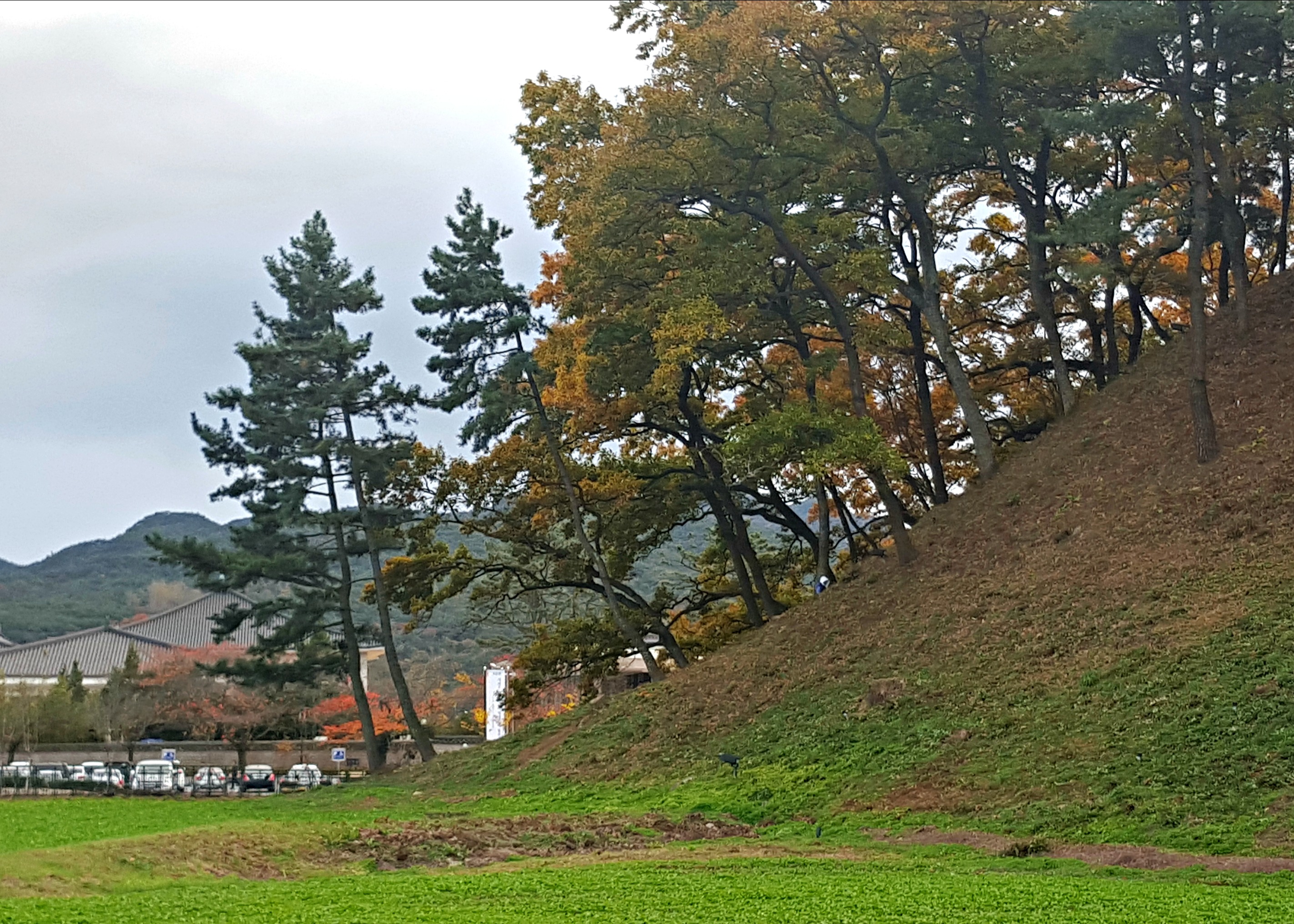
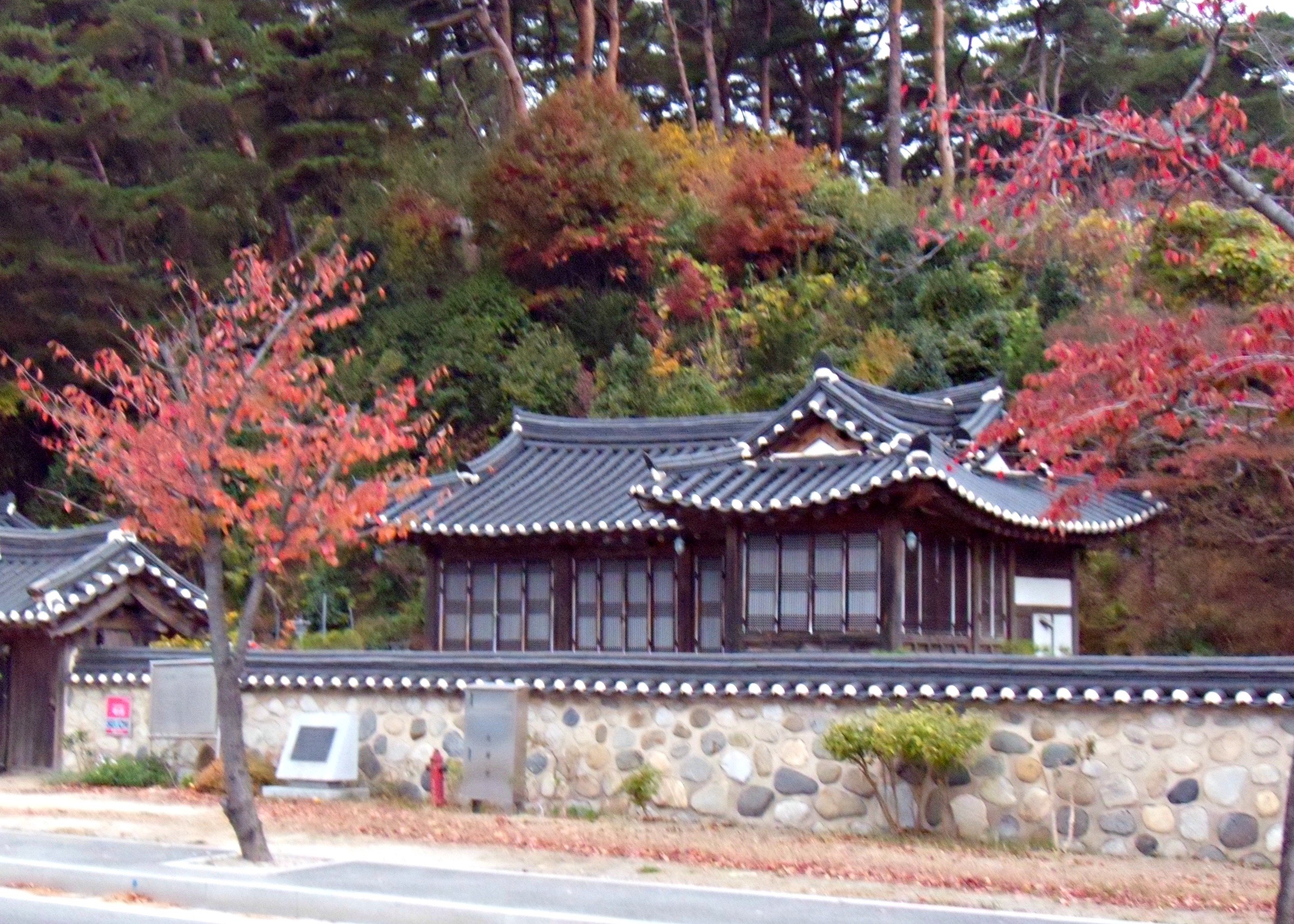
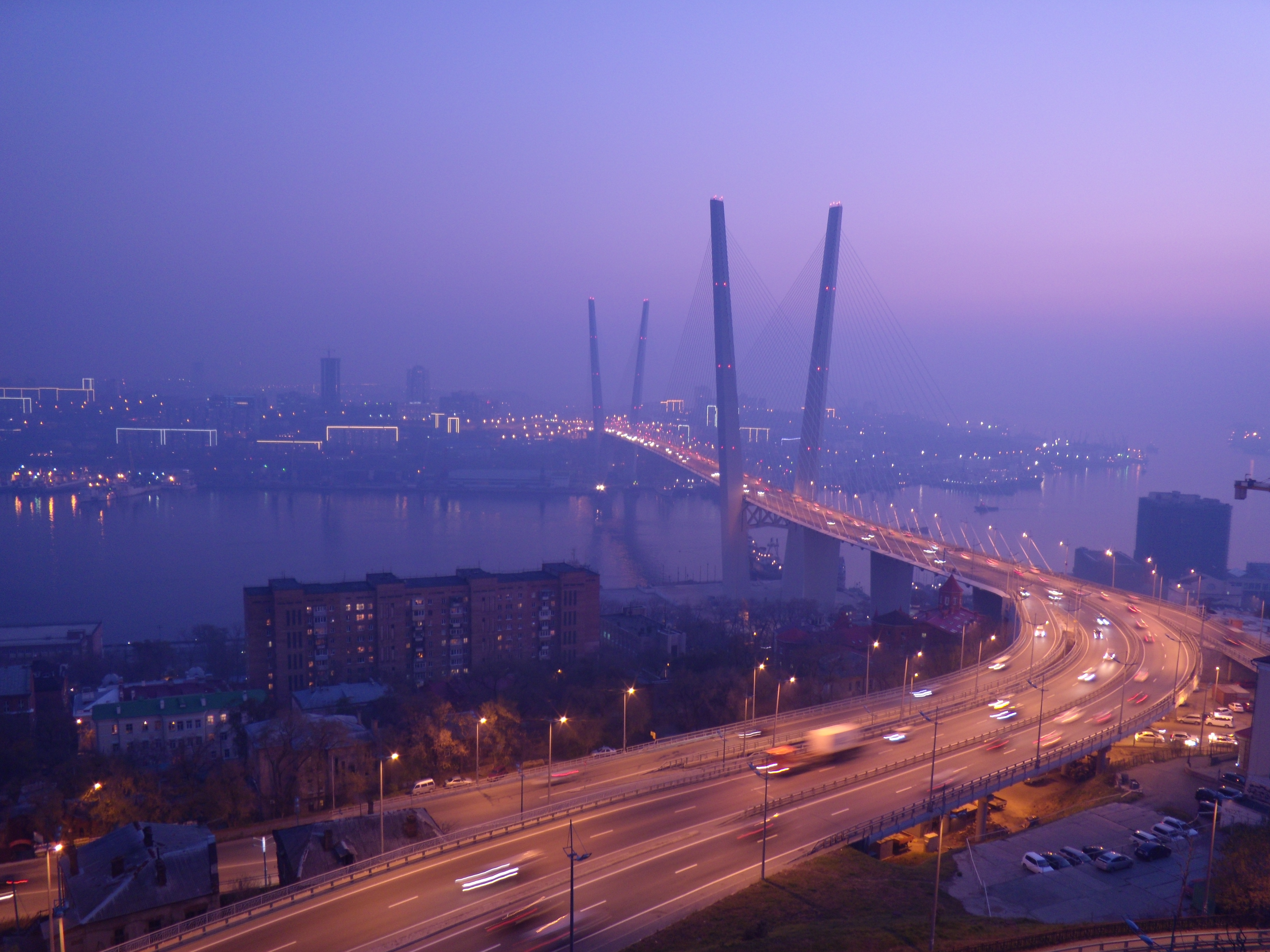
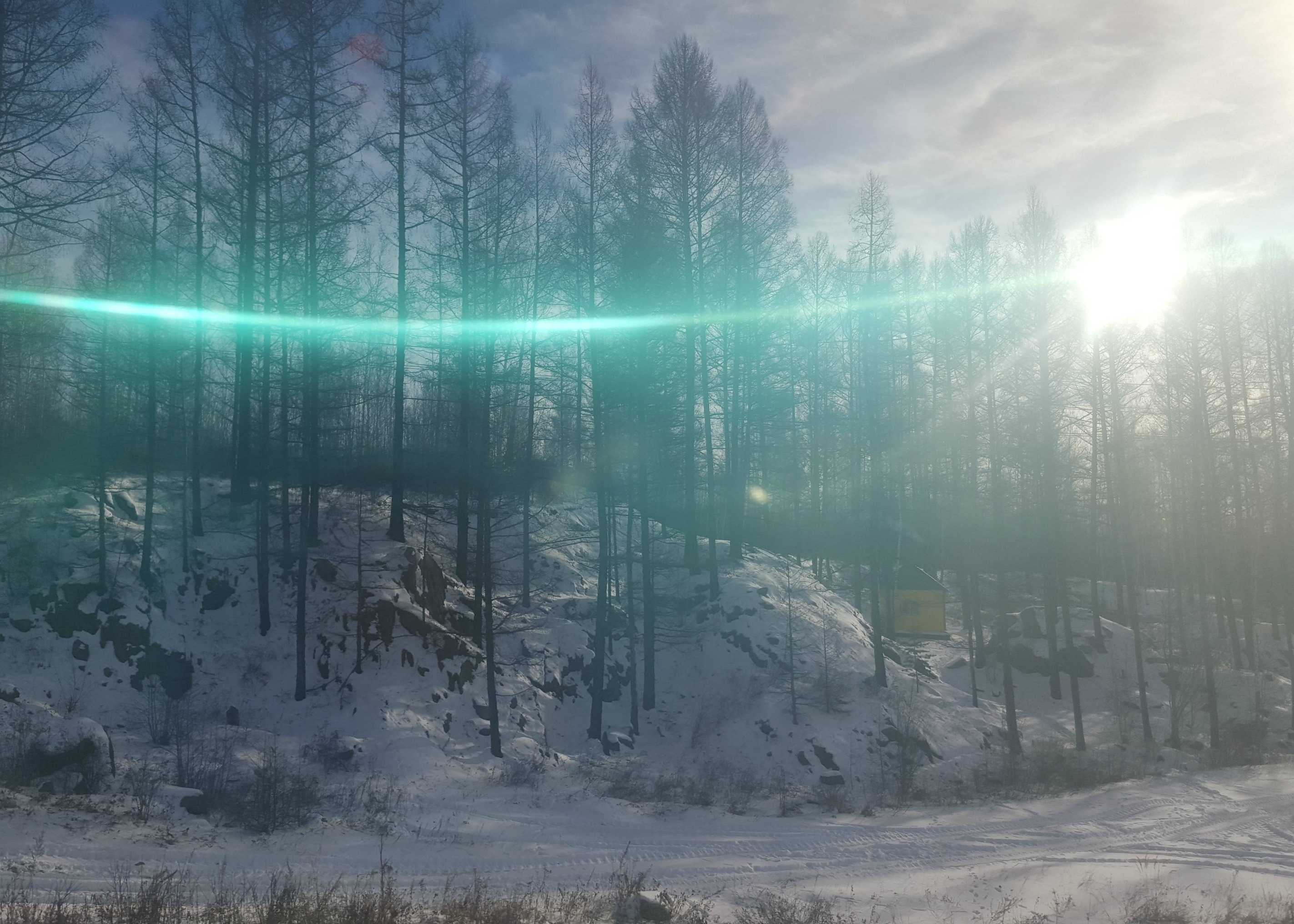
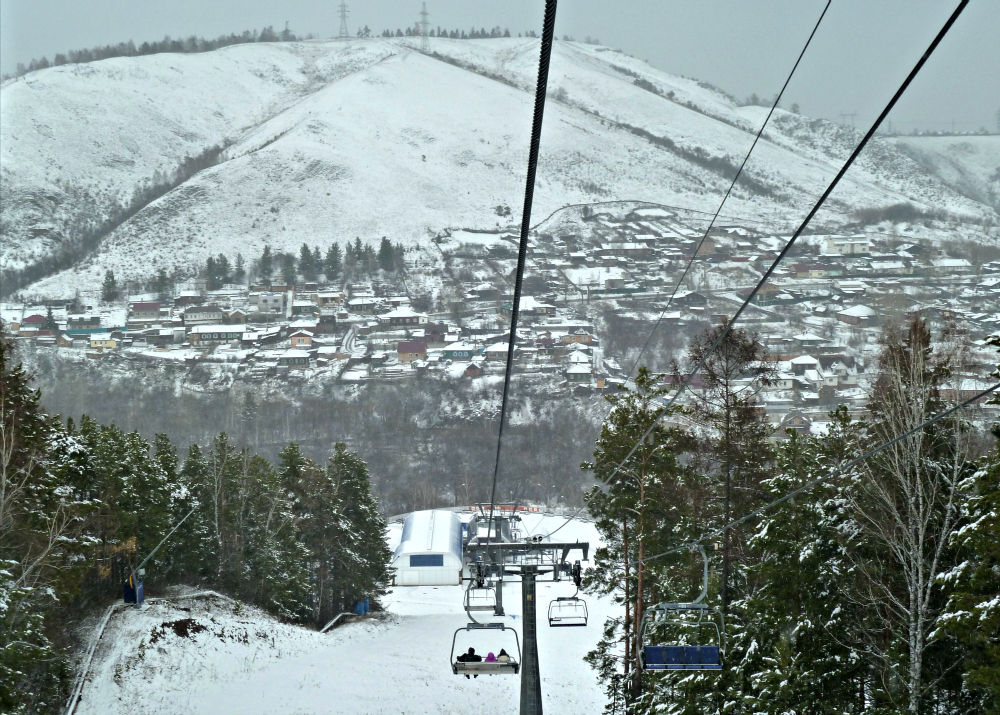
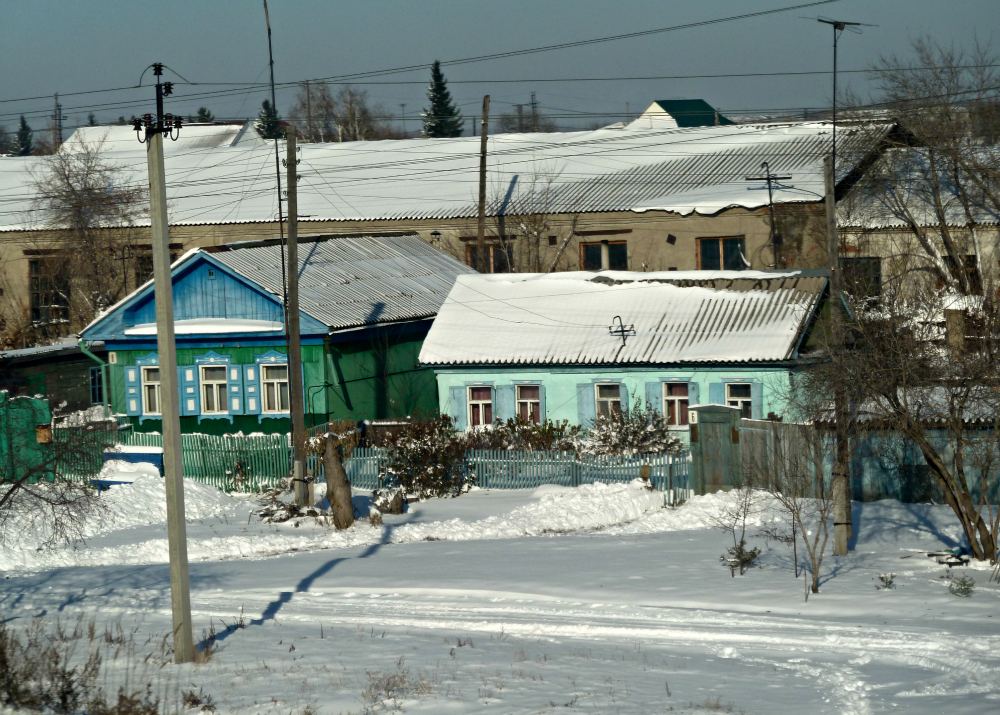
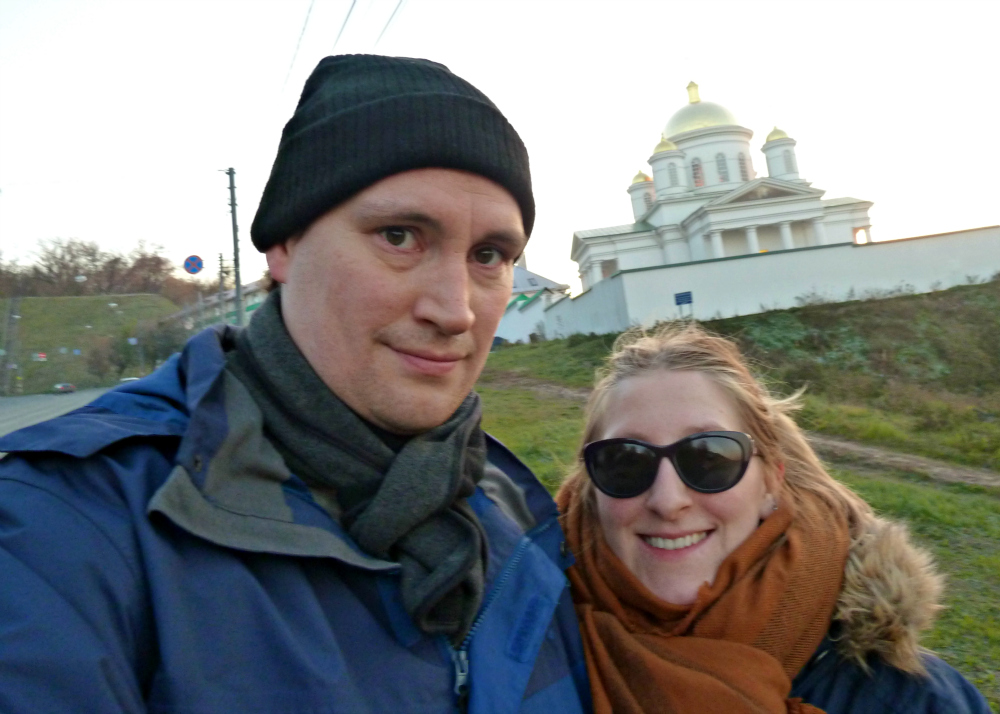
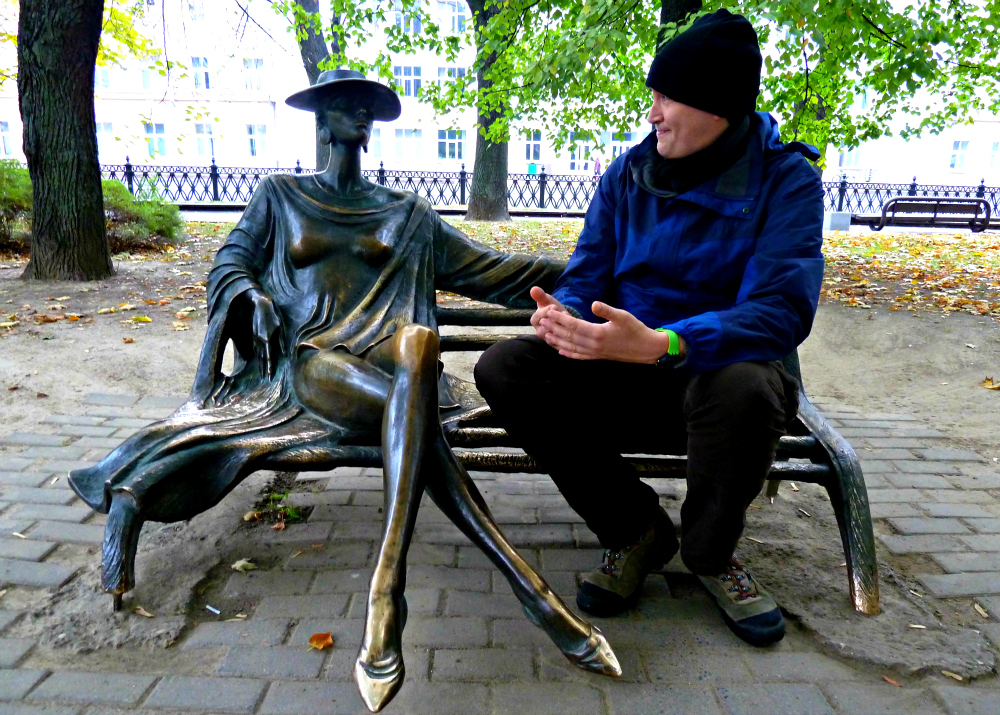
 RSS – Posts
RSS – Posts
